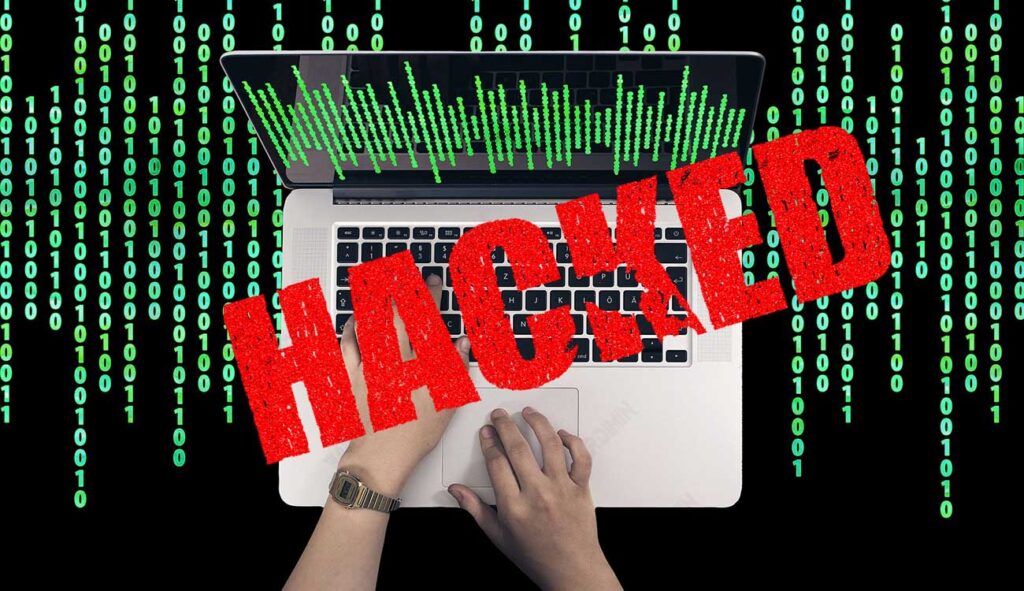Are virus attacks bothering you? Do you want to recover files lost because of a virus attack?
Viruses are common on computers. People take various precautions to defend themselves against malware attacks, but they may still feel unprepared.
Every day, viruses and other types of malicious programs handle countless data loss horror stories, and even the most tech-savvy person with many skills is not immune.
One of the most serious consequences of a virus infection is damage or loss of data from the computer. There is a high risk of loss of data on a volume or disk infected with a virus, although methods exist to recover this data.

Computer viruses can delete, damage, or change your files. Viruses do it cleverly. Apart from deleting your data, some types of malware can cause indirect data loss, such as ransomware. The ransomware will encrypt your files until you pay the hacker a fee to open them. Some viruses, for example, delete files as soon as you click on them.
How Viruses Attack Computers
Computer viruses can spread and new ways to trick antivirus are constantly developing. Viruses can spread by:
Installing Malicious Applications.
Nowadays, many pirated apps from paid apps are available for free. Downloading files like this is vulnerable to viruses. Be aware, no one will provide paid applications for free if you don’t have a particular interest.
Malware can be transmitted to your system by using pirated software. In addition, some applications do not have verified publishers and if you install such programs from unknown sources, your device’s operating system may be in jeopardy.
Visiting unsafe websites.
Not every website is safe and you should avoid visiting dangerous websites. These websites can harm your device. If you get a danger warning from the browser you are using, cancel visiting the website.
You can’t tell what scripts or programs are running on the page. Malicious websites and unrecognized emails can compromise the integrity of your system. Such sites have the potential to install Malicious Codes or Virus Scripts on your device.
Using an Infected External Device
Malicious apps can live on any external device, such as portable storage. If you attach an external storage device that has a virus, your computer will be contaminated.
Conversely, if you attach portable storage to a computer that is infected with a virus, your portable storage will also be infected.
Virus Attack Types, and Opportunity to Recover Files
Several forms of computer viruses affect your computer and data in different ways. Some viruses may not affect your data at all. It is very important to understand and differentiate between computer viruses.
Impossible to Restore
Spacefiller virus
While spacefiller infections may not always cause immediate damage, they may replace files that have been deleted, either intentionally or accidentally.
Overwriting virus
May cause damage by overwriting system files and user data. LoveLetter is a regularly detected overwriting malware. This deadly virus can function as a trojan and email worm.
Since it is difficult to recover overwritten files, the best thing you can do is format the infected drive to prevent the further spread of the overwritten virus.
Potential to Recover
Resident Viruses
Resident viruses hide in computer memory (RAM), which allows them to spread easily to other parts of the computer and infect all data they come into contact with.
Some resident viruses simply block logical access to files by changing their attributes and removing the pointer used to access them. Others are much more destructive and can permanently delete files they encounter.

